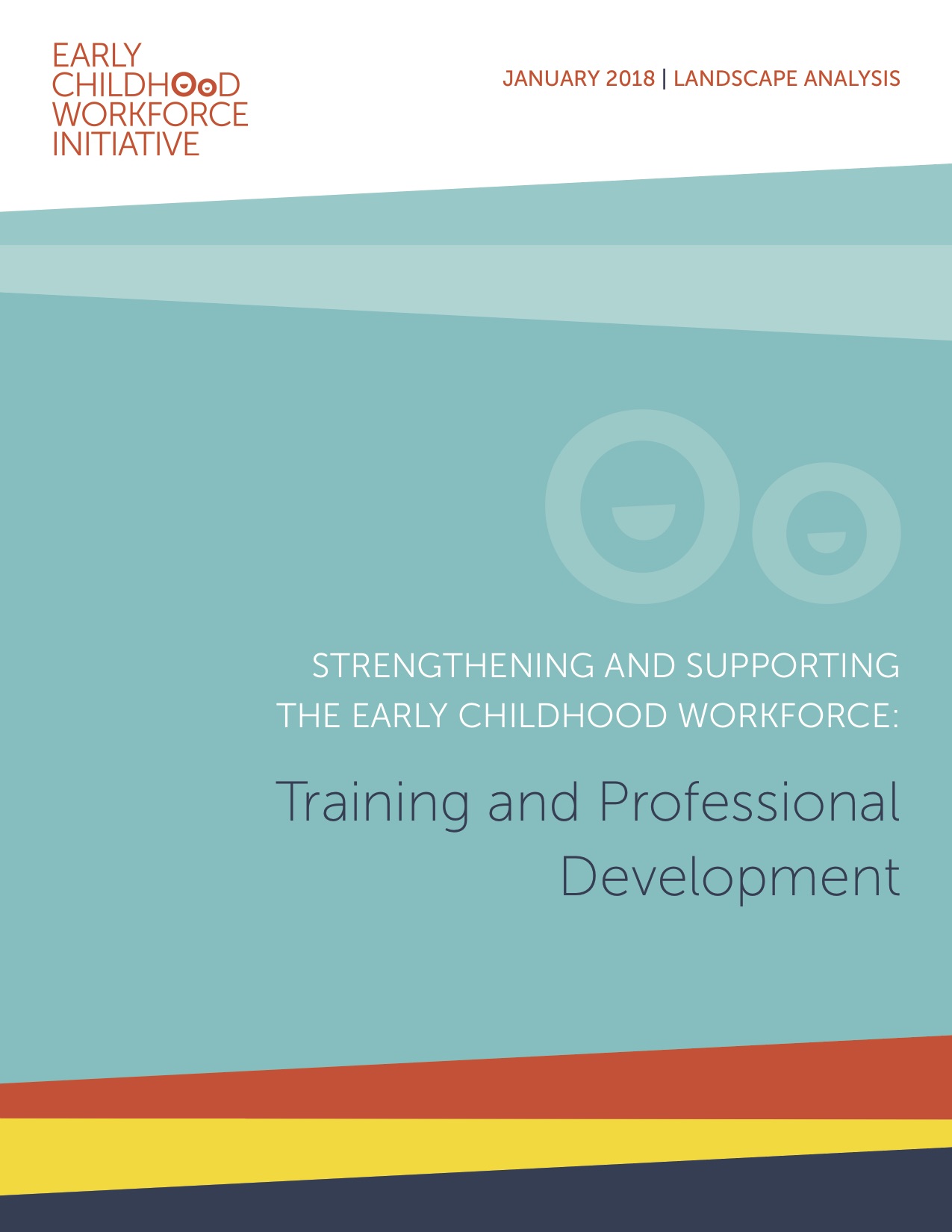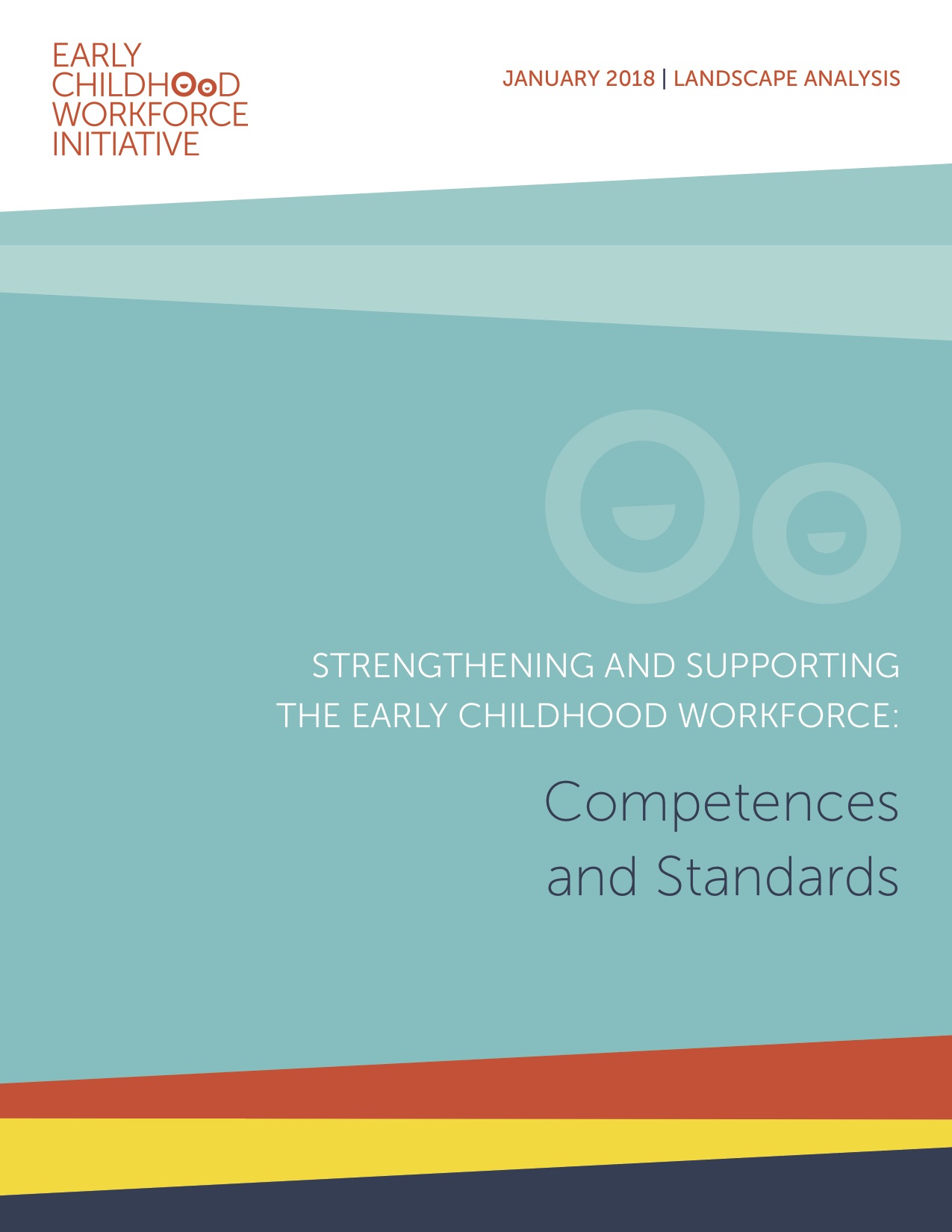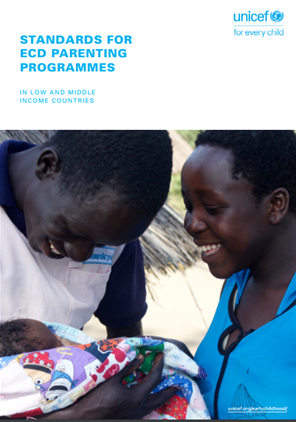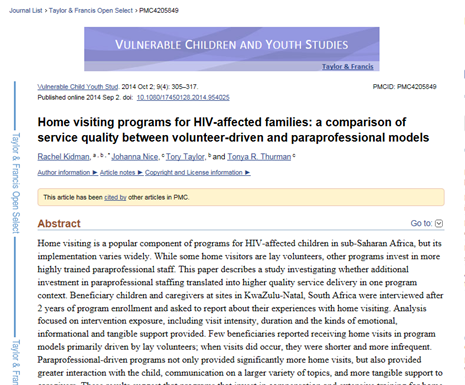A National Framework for Continuing Professional Development for Health Visitors - Standards to support professional practice

This document, commissioned by Health Education England, provides a framework for Continuing Professional Development (CPD) for Health Visitors.
The framework sets out the importance of CPD and offers a set of guiding principles that should be embedded in all post-qualifying training and development provided for health visitors. It builds on the standards set out in “A National Framework for Continuing Professional Development for Health Visitors - Standards for the High Impact Areas for Early Years (iHV, 2015)”. Best practice standards are offered to promote the expected knowledge, skills and attitudes that should be achieved by health visitors to support the development of professional practice in four of the key areas identified from policy, key stakeholders and practitioners.
The four standards for Continuing Professional Development included in this document are seen as essential to support the delivery of the Healthy Child Programme ( DH, 2009) and the health visitor service specification (NHS England, 2014). They cover:
- Working therapeutically to effect change with children and families;
- maintaining and developing prescribing practice;
- providing and developing intelligence to inform the Joint Strategic Needs Assessment Process; and
- working in partnership with families and communities to build capacity and resilience.










